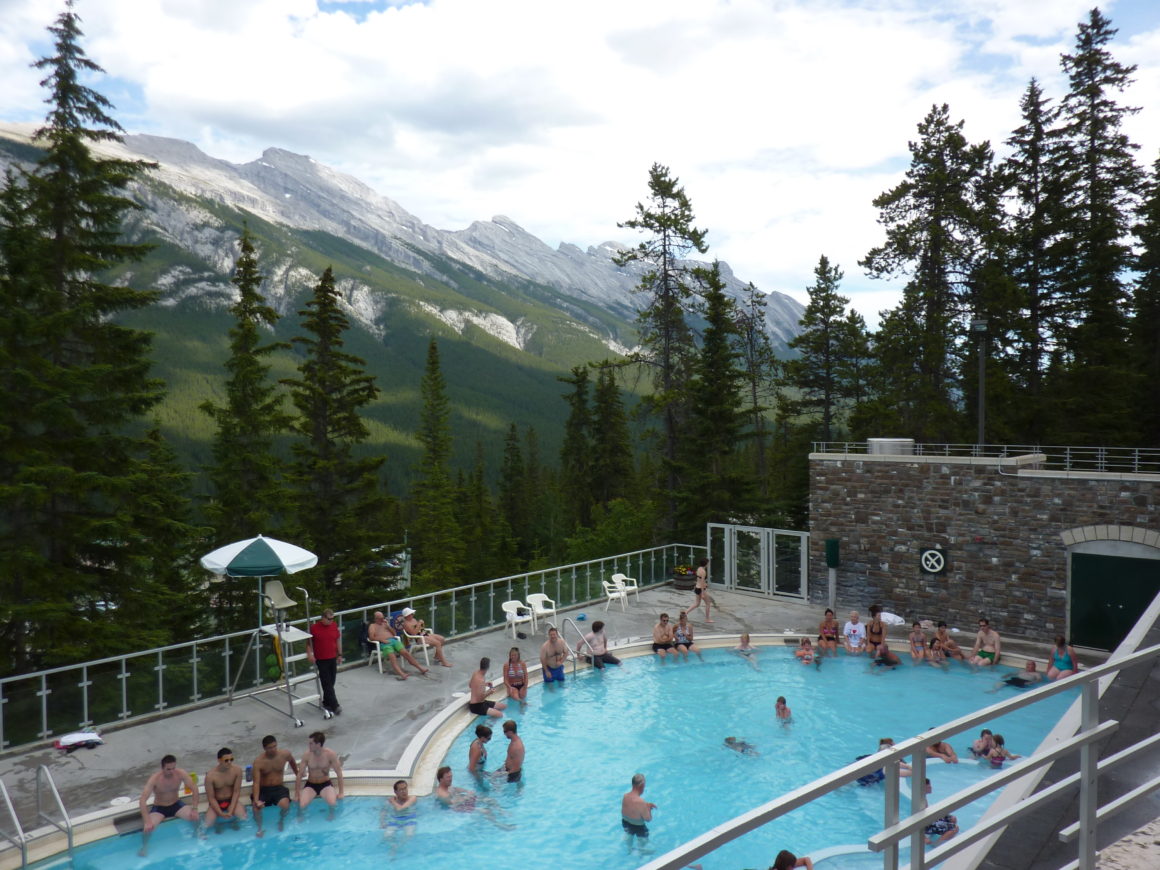
Keeping hot springs public shows proper foresight
By Sean Willett, October 4 2016
After four years of uncertainty, federal Environment Minister Catherine McKenna announced in September that Parks Canada’s Rocky Mountain hot springs will not be privatized. This decision is a step in the right direction for Justin Trudeau’s Liberal government and will help ensure the continued relevance of Canada’s national parks.
In 2012, Parks Canada announced that it was seeking to privatize the management and operation of Banff Upper Hot Springs in Banff National Park, Radium Hot Springs in Kootenay National Park and Miette Hot Springs in Jasper National Park. While the agency claimed this was to allow for more resources to better protect the park, it’s unlikely the decision was born entirely out of environmental compassion.
Instead, this move was one of many decisions by the Conservative government aimed at weakening Canada’s national park system, which included over $25 million in budget cuts and increased development in formerly protected areas. Privatization of the hot springs fell in line with this small-government, industry-first approach to parks management. With it came the expectation that private management would be more efficient or provide better service.
But not everyone was convinced. Both residents and visitors of these parks worried that privatization would lead to more expensive admission, making the parks less accessible to many Canadians. The claim that privatization would free up resources for other areas also rang hollow, as the hot springs bring in enough visitors every year to cover the operating costs of the facilities.
Indigenous groups in the Rocky Mountain area were quick to voice concerns over the decision to privatize. The hot springs fall within the lands of 20 different First Nations and many consider the sites spiritually significant to their cultures. These communities were not consulted before Parks Canada announced its plans and it was because of the concerns of First Nations communities that the process of privatizing the hot springs was delayed in 2013.
These concerns were still present earlier this year when Parks Canada stated that privatization was still a possibility for the Upper Banff, Radium and Miette Hot Springs. Opponents to privatization had been hopeful the change in government would signal a change in how Parks Canada is managed — especially since Trudeau had promised to reverse former Prime Minister Stephen Harper’s budget cuts and prioritize conservation over development. But fear lingered that these promises would not be kept and the Liberals would continue down the path of their predecessors.
But fears were unfounded and Parks Canada decided to continue public operation of the hot springs, with McKenna citing the importance of keeping parks open to everyone as the reason behind the decision. As with the original decision to privatize the hot springs, it’s easy to see the influence of the current government’s ideology over Parks Canada. Protecting public institutions prioritizes accessibility over profit, something the Liberal government has also pushed for with its plan to waive entrance fees to national parks in 2017.
Unlike the Conservative’s decision, the move to keep the hot springs public will only benefit the national parks in which they reside. Cheaper, more accessible amenities encourage more Canadians to visit our parks, which in turn let more people see how beautiful and necessary these places actually are.
This breeds a deeper cultural connection to Canada’s national parks, ensuring continued support for conservation initiatives in our increasingly industrialized country.
Trudeau seems to understand that it isn’t enough for the government to recognize the importance of our wild spaces — the rest of Canada needs to as well.
Sean Willett is a fourth-year natural sciences student and host of conservation podcast The Redlist. He writes a monthly column about environmental issues called Parks and Conservation.
